REASON TO LIVE
Having purpose matters. Science proves it.
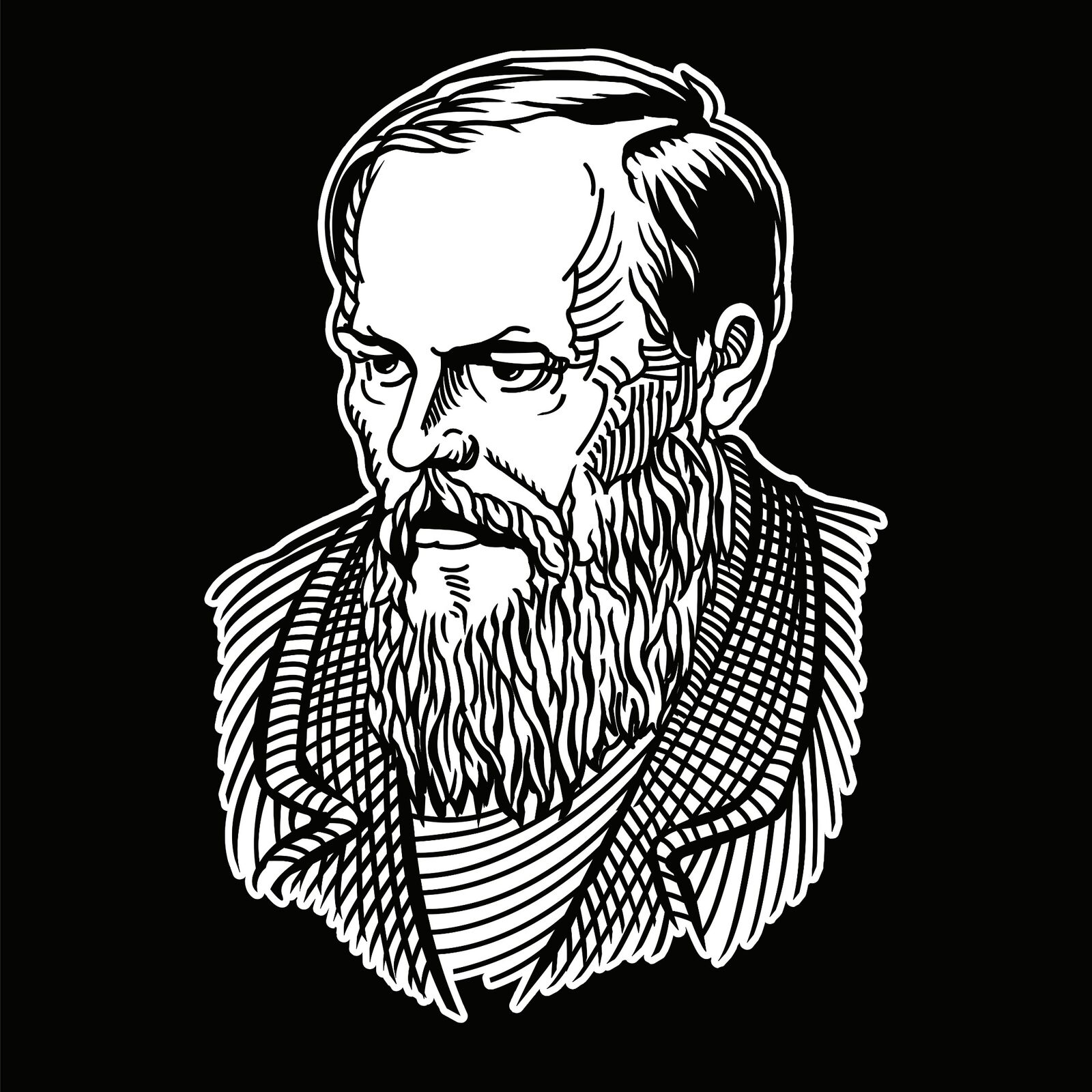
(Image: Shutterstock)
“The mystery of human existence lies not in just staying alive, but in finding something to live for.”
― Fyodor Dostoyevsky,
The Brothers Karamazov
What is purpose?
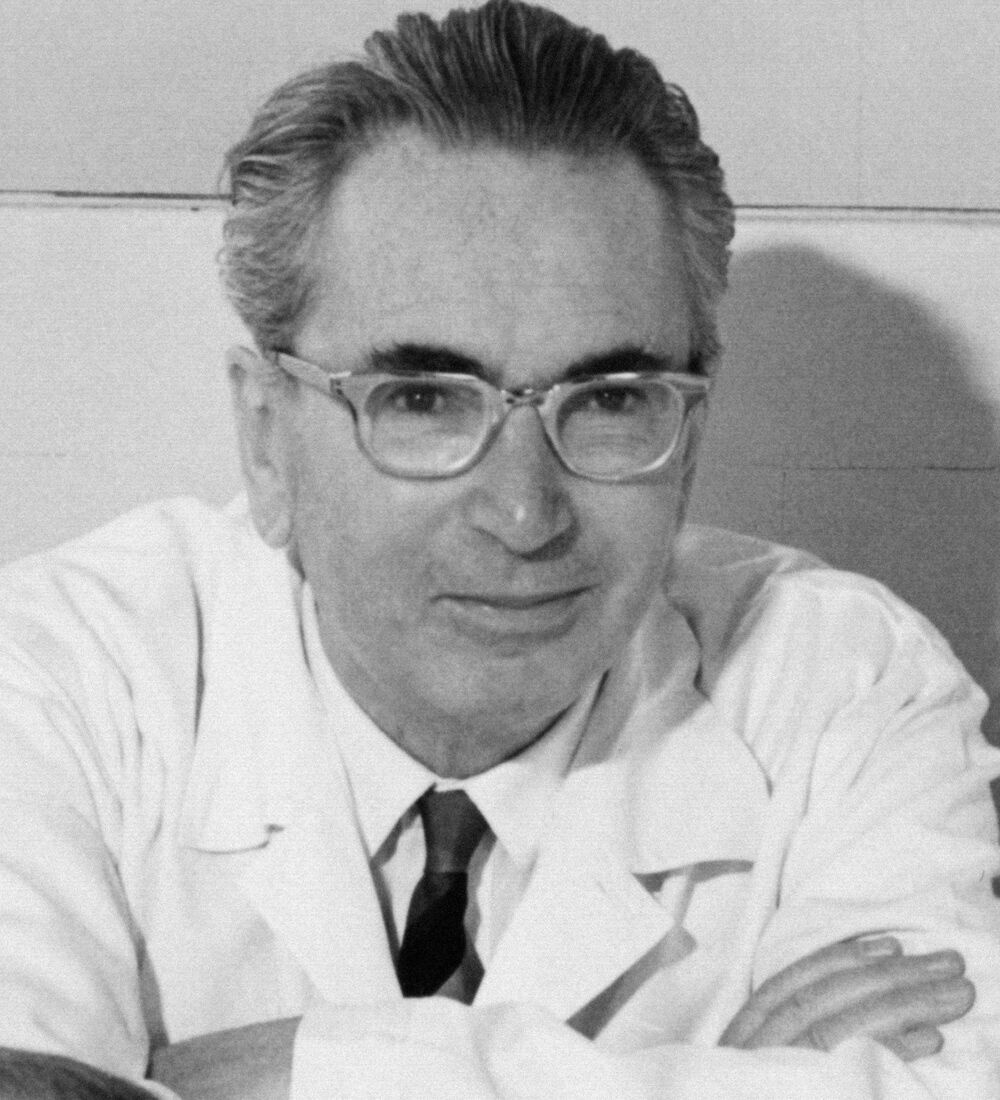
(Credit: Prof. Dr. Franz Vesely, 1965, via Creative Commons)
In his 1946 book Man’s Search for Meaning, Holocaust survivor Viktor Frankl, an Austrian psychiatrist, wrote about his experiences at Auschwitz. Frankl observed that prisoners who had found purpose in life were more likely to survive the experience. Finding meaning sustained them through horrific conditions. Frankl writes:
“He who has a why to live can bear with almost any how.”
Frankl would go on to suggest that all people desire to discover a purpose for their lives. His book and research laid the groundwork for studying the role of purpose in human functioning. The more recent advent of “positive psychology” has led to still more scientific interest in understanding the role of purpose.
Modern science says the best definition of purpose includes three aspects:
1. A long-term, far horizon goal 2. that is personally meaningful, and 3. inspired by a desire to make a difference in the broader world.
“The reality is that adolescents want to think about their purpose in life. When we talk to them, they say, ‘This is the stuff I want to think about and talk about, but nobody asks me about it.’ But I’m very hopeful for this generation.”
— Kendall Cotton Bronk
Associate Professor of Psychology, Claremont Graduate University
Superheroes on Purpose
Researchers discovered a relationship between purpose and heroism while reviewing historical documents — including these two cases: For Óscar Romero, purpose begat heroism. A Catholic archbishop, Romero spoke out against poverty, injustice, and persecution in El Salvador — noble purposes indeed. A day after delivering a sermon on government repression and violations of human rights, he was gunned down while celebrating Mass at a small chapel, dying a martyr’s death. For Miep Gies, heroism begat purpose. An Austrian who hadn’t felt strongly one way or another about the plight of Jews, Gies and her family ended up hiding Anne Frank’s family in their home, protecting them from the Nazi regime. After that dangerous and heroic act, Gies spent the rest of her life advocating for equal treatment for all.
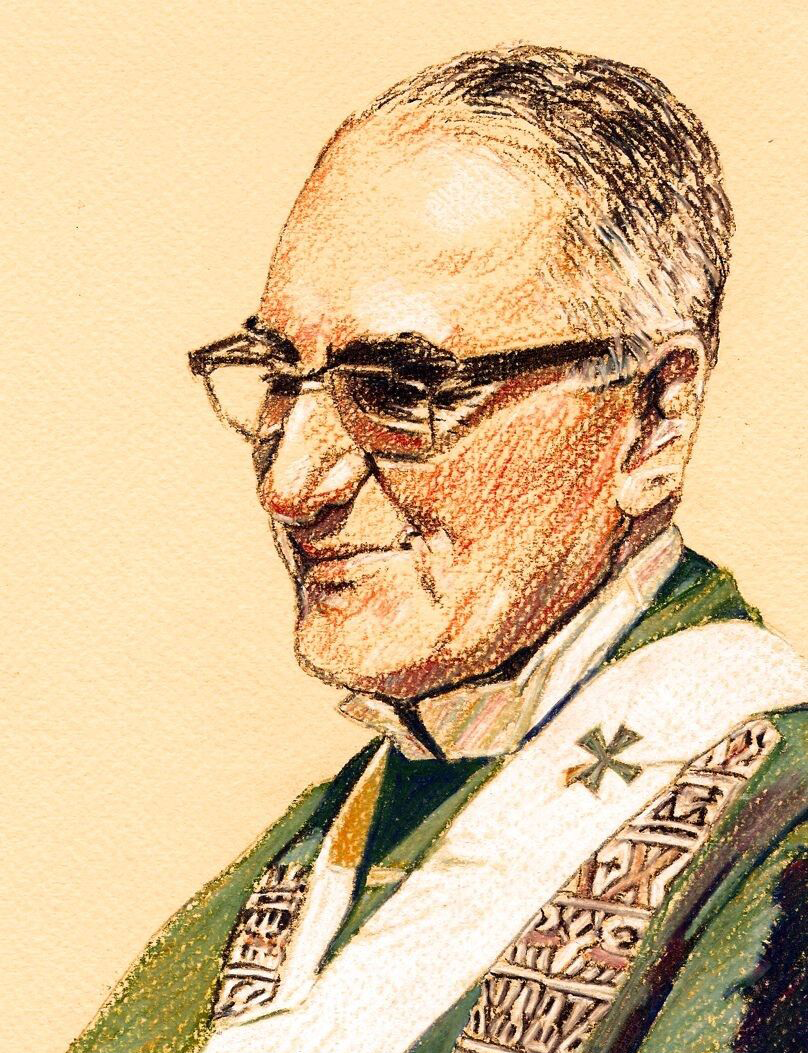
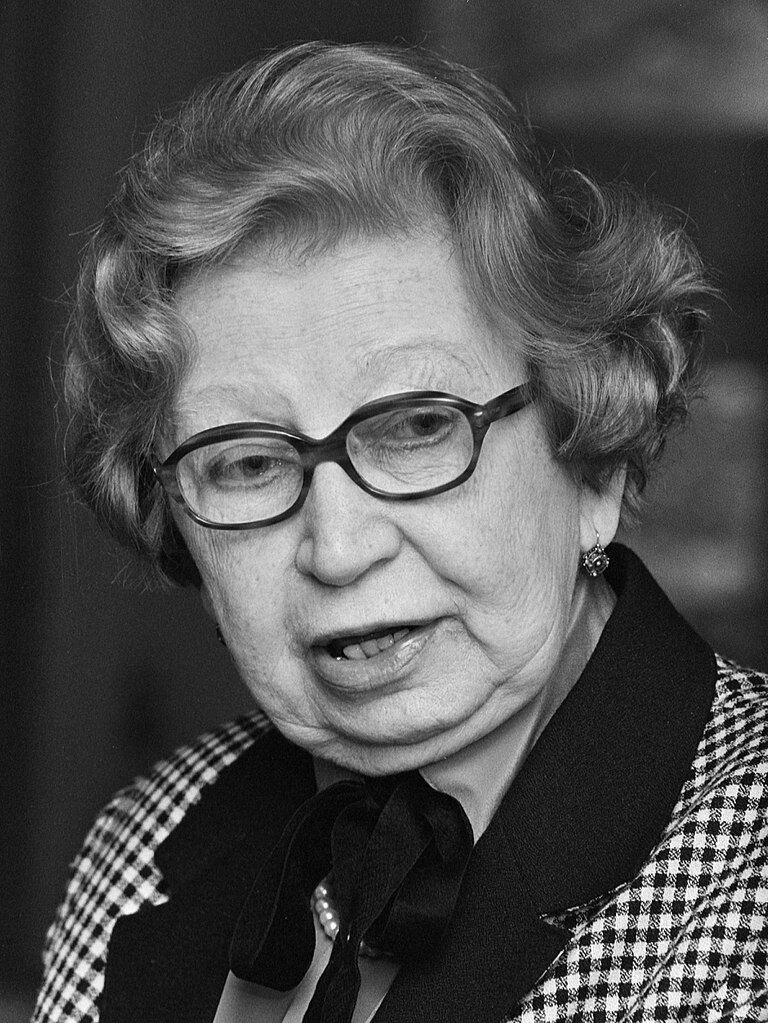
(Bronk & Riches, 2017; Images — Romero by J. Puig Reixach, 2013, via Creative Commons; Gies by Rob Bogaerts / Anefo, 1987, via Creative Commons.)
TAKE THIS QUIZ ON PURPOSE
And find out just how purpose-driven you are.
(12 = very low, 60 = very high)
Modern research says there are three primary aspects to overall purpose—personal meaningfulness, orientation toward a goal, and a desire to make a difference in the world.
Note: This online survey is meant only for general usage and is not intended to give you a definitive answer or “diagnosis” of your purpose in life. Studies find that purpose develops over the course of adolescence and adulthood. As a result, adults are likely to have higher scores than college-aged youth, who are likely to have higher scores than high schoolers. Adapted from Claremont Purpose Scale (Bronk, Riches, & Mangan, 2018). Special thanks to Kendall Cotton Bronk for permission to use in this context.
Purposeful Cinema


24 movies on the search for meaning.
Arrival (2016) | Babette’s Feast (1987) | Born into Brothels (2004) | Chariots of Fire (1981) | Contact (1997) | Fearless (1993) | Groundhog Day (1993) | Ikiru (1956) | Into Great Silence (2005) | The Iron Giant (1999) | Life Is Beautiful (1997) | Millions (2004) | My Dinner with Andre (1981) | Paterson (2016) | Ratatouille (2007) | The Secret Life of Walter Mitty (2013) | Selma (2014) | Signs (2002) | The Station Agent (2003) | Stranger Than Fiction (2006) | Tender Mercies (1983) | Three Colors: Blue (1993) | The Tree of Life (2011) | Up (2009)
Dig Deeper
More reading and viewing on purpose and meaning.
Articles
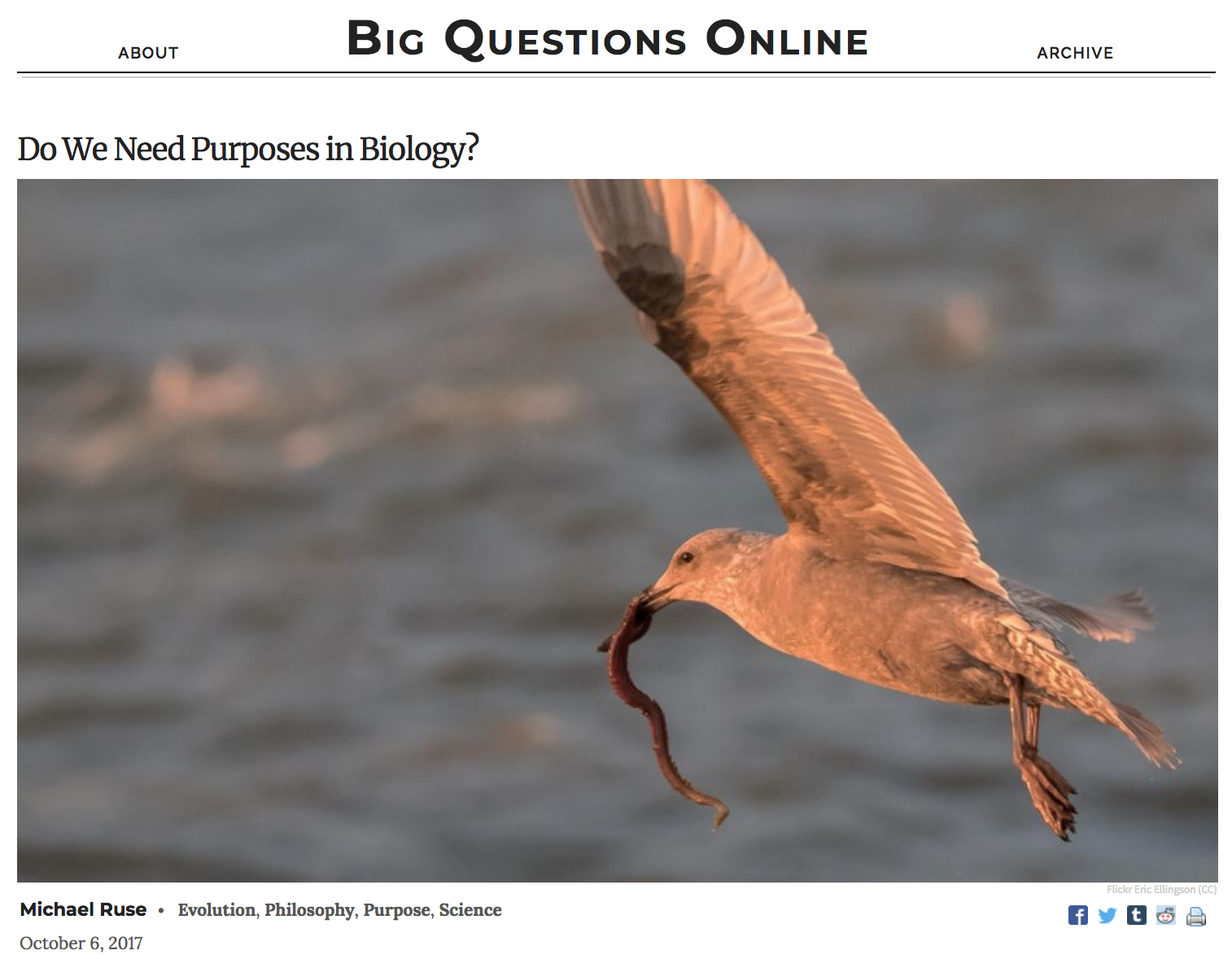
Books
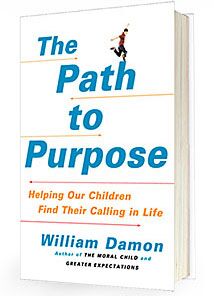
Videos






